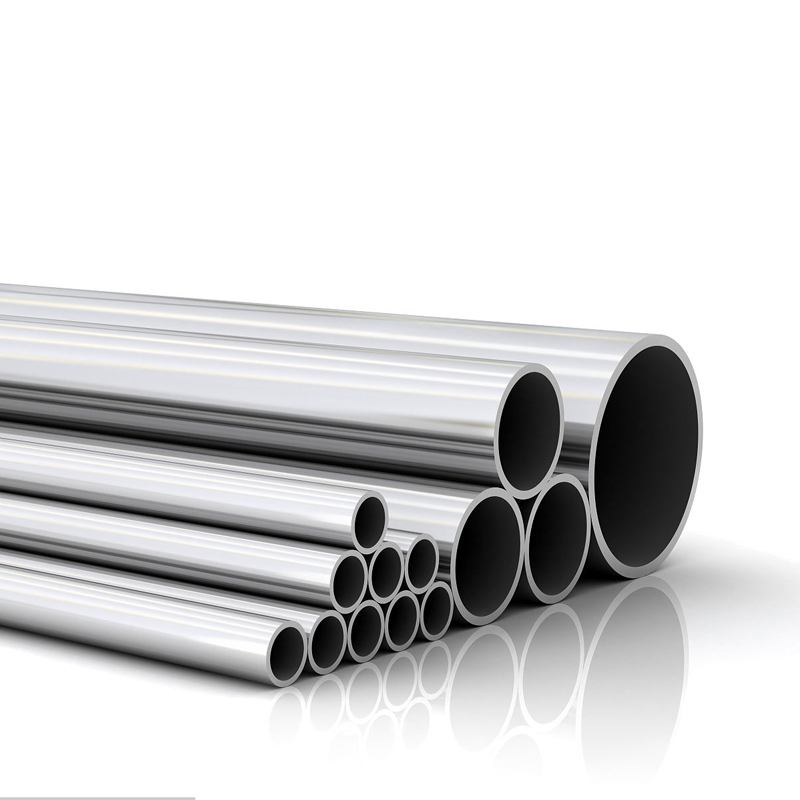
Understanding the Importance of Precision Mechanical Components in Manufacturing
In the realm of manufacturing, precision mechanical components play an indispensable role in ensuring that machines and devices operate efficiently and reliably. These components—ranging from gears and bearings to fasteners and structural parts—are integral to various industries, including aerospace, automotive, electronics, and medical devices. The demand for precision in these components is underscored by the advancements in technology and the increasing complexity of machinery.
The manufacturing of precision mechanical components requires state-of-the-art equipment and highly skilled personnel. Precision machining techniques, such as CNC (Computer Numerical Control) machining, are commonly employed to achieve the exact specifications needed. These techniques minimize human error and ensure consistency across production runs, which is vital for applications where safety and performance are paramount. For instance, in the aerospace industry, even the smallest deviation in a component can lead to catastrophic failures.
Quality control is another critical aspect of manufacturing precision components. Rigorous testing and validation processes are essential to meet industry standards and customer requirements. Manufacturers employ various measurement instruments, such as coordinate measuring machines (CMM) and optical inspection systems, to check the dimensions and surface finish of components. Achieving dimensional accuracy and surface integrity can significantly affect the overall performance of assembled products.

Material selection is also crucial when it comes to precision components
. Manufacturers often choose advanced materials that merit specific properties, such as high strength-to-weight ratios, resistance to wear, and thermal stability. For instance, titanium and aluminum alloys are preferred for aerospace components due to their lightweight and durable nature, while stainless steel is common in medical devices for its corrosion resistance.Furthermore, the trend towards miniaturization in technology has led to an increasing demand for precision components that are smaller and more intricate than ever before. This shift challenges manufacturers to innovate and adapt their processes continuously. Techniques like additive manufacturing and micro-machining are becoming more prevalent, allowing for the production of complex geometries that were previously unattainable.
Sustainability is another vital consideration in the manufacturing of precision mechanical components. Eco-friendly practices, such as recycling materials and reducing waste, are gaining traction as companies aim to minimize their environmental impact. Manufacturers are increasingly investing in green technologies and processes to appeal to both regulatory standards and consumer preferences.
In conclusion, precision mechanical components are foundational to the manufacturing sector, influencing the performance, reliability, and safety of a multitude of products. As industries evolve and technology advances, the demand for these components will likely grow, highlighting the need for manufacturers to prioritize precision, quality control, and sustainability in their operations. By doing so, they not only fulfill customer needs but also contribute positively to the industry and society at large.